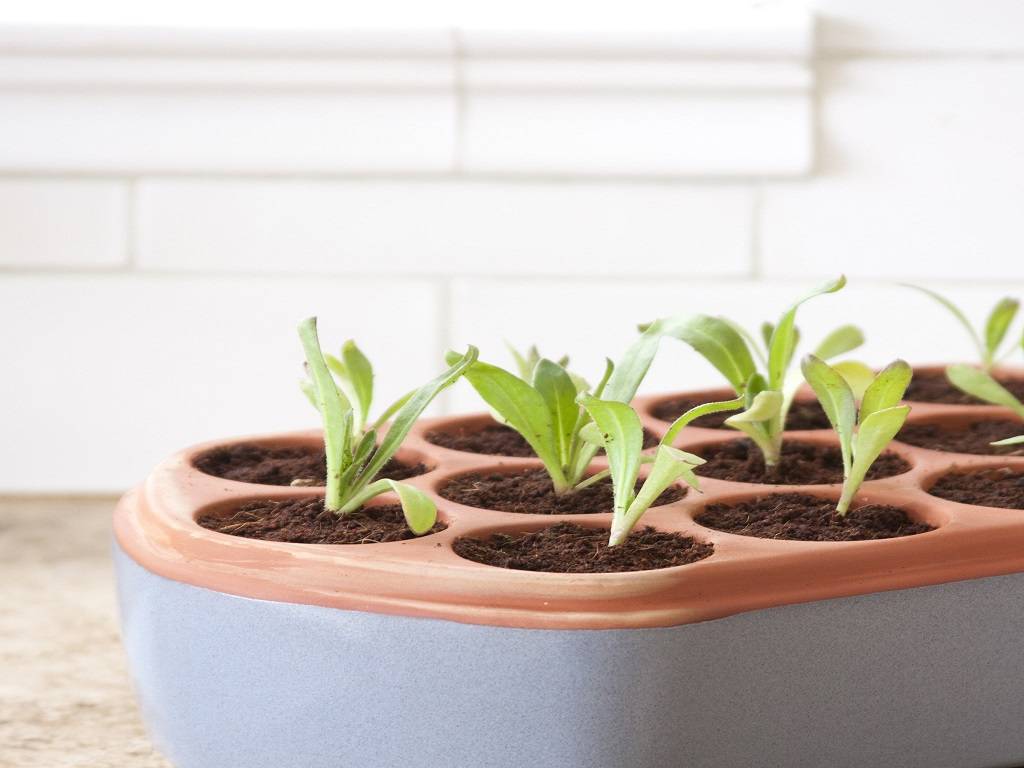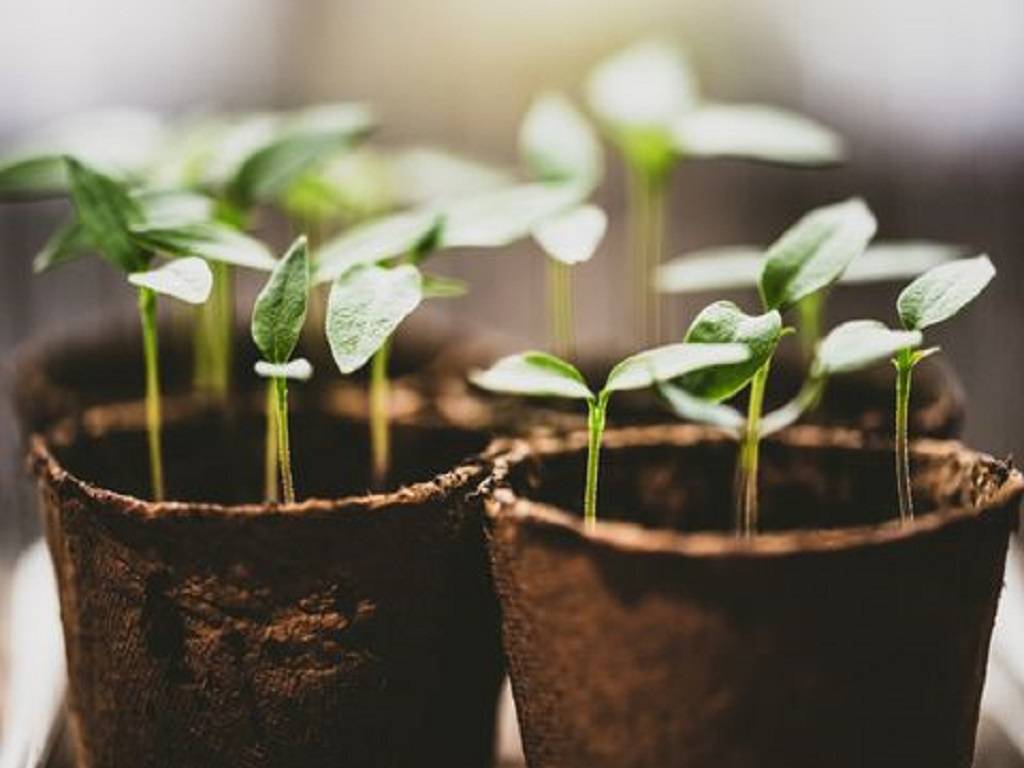
Indoor plants gives your home a very refreshing look. Nowadays people are decorating their house with different types of plants. It is easy to buy a mature plant from the nursery but it is difficult to grow it at home. In this article we will tell you how to plant seeds and many other factors that are crucial for their successful propagation. Here we will discuss all steps of seed plantation in detail.
Prepare the soil in a container or pot:
The process starts with the availability of a pot or container and fertile soil. The pot should be deep and large enough so that the seeds can have sufficient space to grow.
It is mandatory that pots should have holes for the purpose of proper drainage. Soil should be good for infertility or it can also be prepared by combining peat moss, perlite, and vermiculite.
Selection of seeds:
Preferring a variety of seeds is very crucial as it decides how healthy our plant will be. Herbs and vegetables are considered good choices to plant in ports.
Prepare pots for plantation:
You are required to remove all unwanted waste things from the pot. Then provide some moisture to the prepared soil. Soil should not be much wet. It is also occasionally recommended that a thin layer of sand be added to the bottom of the pot earlier than soil to promote better drainage.

Read your seed packet:
Seed packets usually indicate the depth of planting the seeds and the spacing between each seed. See your seed packet or contact your seed provider for specific instructions on the depth and distance you need to plant your seeds.
If the pots are stored outdoors, seed packets will inform you of the best time to sow the seeds.
Put your seeds in the prepared soil:
When the wick is fully prepared, place the seeds in a pot as shown in the seed packet. Press the seeds smoothly or lightly cover the seeds with the starting mixture or humus.
Give moisture to the seeds:
Wet the seeds after transplanting using a mister or small watering. The seed starter or multi-top layer should be damp but not wet. Be sure to add a small amount of water at a time. If added, the seeds can move and be washed away.
Provide proper light and temperature:
Most seeds will need a consistent temperature of between 18° to 24° C and regular exposure to sunlight to properly germinate. Keep your seeds in a climate-controlled environment and a sunny area where your seeds will get a full day’s worth of exposure.
If you live in an area with variable sunlight and temperature, you can also consider buying a sun or a heating mat to help the seeds grow better. The starting tray for some seeds has a cover that creates a warm and moist environment for the seeds. Keep this until the seeds sprout from the soil.
Watering
Water the seeds as the soil begins to dry. Do not water the seeds when they are already moist or wet. Excessive watering of plants can be very harmful and will stop them from growing. Hence proper watering is very important.
After the seeds germinate, rotate the pot a quarter of each day. This will prevent the seeds from passing toward the light and weakening the stems.
In conclusion, this was all about how to plant seeds in a pot. Hope the article was useful to you !!!
















